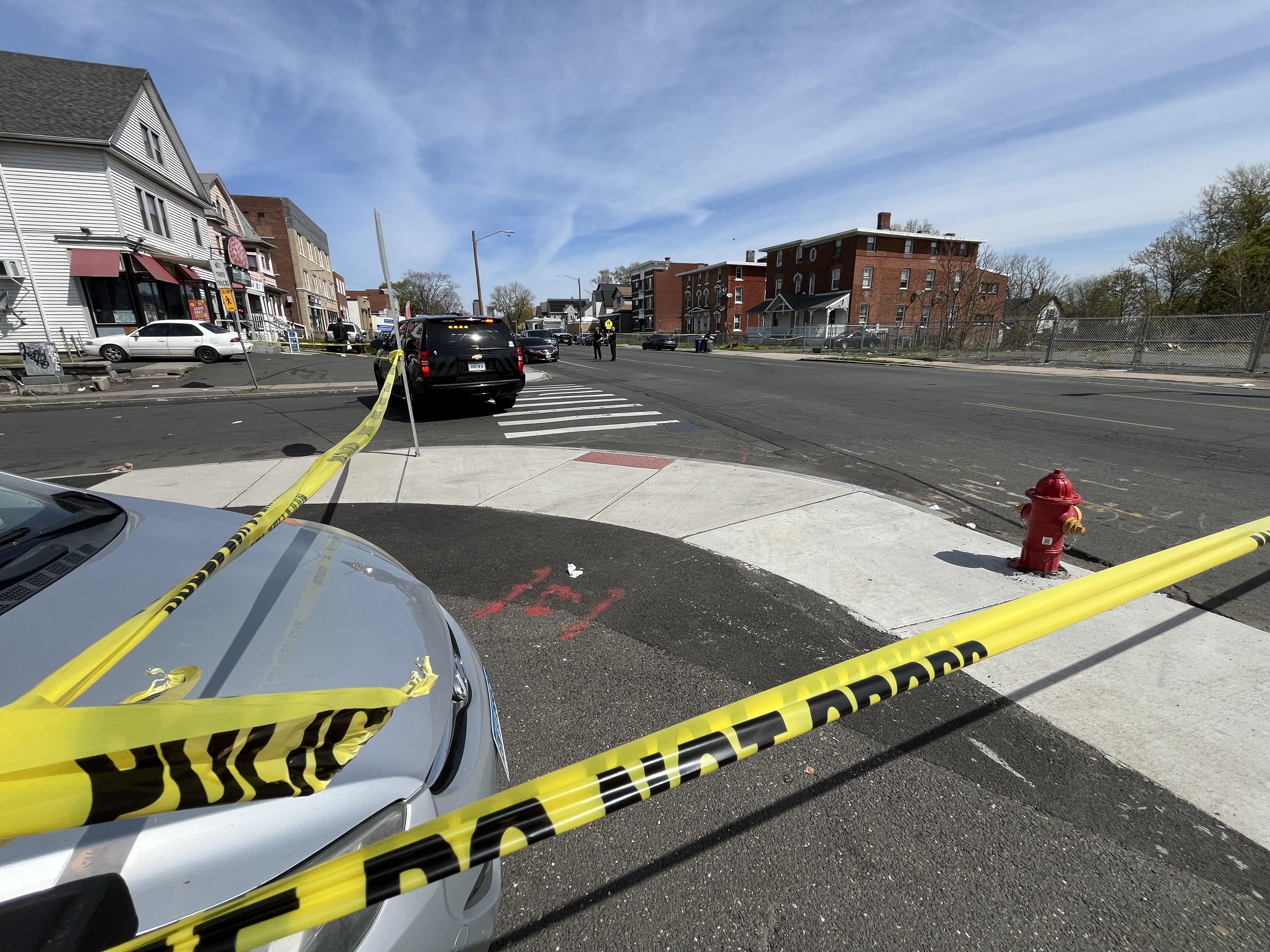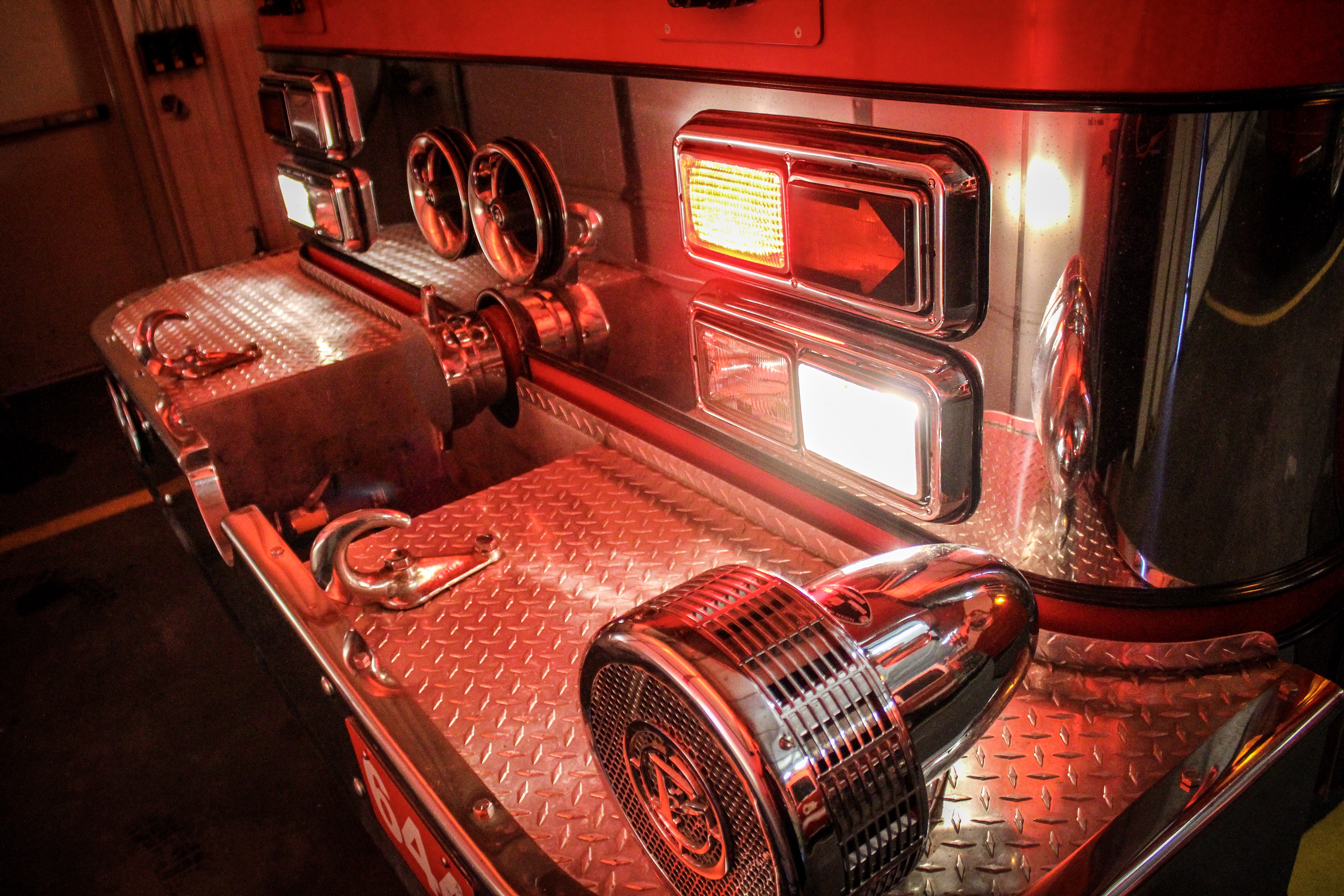What does President Biden’s action this week on electric vehicles mean for drivers in Connecticut? Sen. Jeff Gordon (R-Woodstock) updates us on his party’s concerns for phasing out gas powered vehicles, and the questions that still haven’t been answered.
Mike Hydeck: After getting pushback from Toyota, the largest automaker in the world, President Biden slowed down the federal rollout of electric vehicles this week. He also added plug in hybrids into the mix to significantly cut down on carbon emissions by 2032. Here in Connecticut, after a proposed mandate switching to electric vehicles by 2035 failed, state lawmakers are now trying to retool the plan as we move forward. Senator Jeff Gordon joins me now to see what his party thinks. Mr. Gordon, good to see you. Welcome back in person on Face the Facts. We did Zoom last time. You're a Republican from Woodstock. You're also a doctor by trade. So you understand the health impacts of climate change and things that go with pollution in the air. How would you and your party like to see an electric vehicle rollout or an alternate form of transportation rollout over the years to come? What's the best way to do that in your opinion?
Jeff Gordon: Well, the best way to do it is to recognize that we do default to the federal EPA rules. It's not as if we're going to get rid of all sorts of rules, right, unlike what some people say that my party is trying to do. What we're trying to do is make certain that we're really carefully and thoughtfully listening to people. I firmly believe government works best when we listen to people. That's what I've been doing, my Republican colleagues are doing. And we need to make certain we're answering real world concerns that people have. How are we going to get the electricity that we need? All the charging stations? Upgrading the electrical grid? And the big one, I hear from people, How are we going to pay for it all? So these are common sense, real world concerns we have. We need to address those. Let's not rush into it. Let's take the time, work together. And the big thing that my party wants is get rid of the politics. Look at public policy, let's all work together, get some good policy done for the people, and continue to hear what people have to say as we move into the future.
Mike Hydeck: So to do that, there's a lot of stakeholders, as we all know. It's not only the people buying the electric vehicles. There are the people putting in the charging stations, the company building, the automakers, there's a lot to put on the table here. So the Transportation Department trying to create that committee to try to make it more affordable, because not everybody can afford an EV right now because they're so expensive. This sort of just sets the stage, some of your colleagues believe, just creating this transportation committee sets the stage for another mandate, like it's a Trojan horse, we're gonna hear the word mandate again down the road. Is that what you think? Or how do you feel about that?
Get Connecticut local news, weather forecasts and entertainment stories to your inbox. Sign up for NBC Connecticut newsletters.
Jeff Gordon: I'm very concerned about that. I don't think the makeup of this council or roadmap, task force, whatever you call it, is fair. And I don't think it's balanced. I've proposed and testimony I've given, my Republican colleagues as well is, we need to make certain we really look that at this in a fair and balanced way, include all stakeholders, including the public very much so the people of Connecticut, but also don't rush into it. This roadmap task force by the time it gets assembled, we're supposed to get a draft report from the government, one week after Election Day this year, that seems convenient. And then two months later, in January of next year, we're supposed to get a final report. That's a short period of time. And we don't want a cold rehash of the ban and the mandates that the people of Connecticut shot down. Let's take more time. And we also have a long session next year that we can be taking the time to really think this through.
Mike Hydeck: So who would you like to see on that committee? Arguably could be 40 people, regular people, people who would be purchasing these, neighborhoods, rural, city that and what else. Are there not enough Republicans on the committee? Is that your concern? Or how would you like to see that you know, metered out? How many people from all walks of life where?
Jeff Gordon: I think we should not have anybody who's a Democrat or Republican just on the basis of party. Regardless of their party affiliation, we need to hear from a lot more stakeholders. We also need to make certain that we..
Mike Hydeck: So you mean auto dealers, you mean apartment dwellers?
Jeff Gordon: Auto dealers, manufacturers, people from the suburbs, people from rural parts of the state, especially my parts of the state. More town leaders we need to hear from. We also need to hear more from the business community and those who are going to be hopefully, at some point, building out this infrastructure in the charging stations. I don't think there's enough balance to it. And there should be more. And if we can get more balance and have it more inclusive, then I think we can get a better public policy, not any type of political agenda. That's not what we want.
Mike Hydeck: So in addition to setting goals for emissions standards, and other hurdles to try to get past to kind of meet our carbon footprint reduction. In the middle of all this, even on the federal level, automakers have slowed down their production of EVs, because they're not selling as well right now. They're also not building the factories as fat as quickly as they thought. Regardless of what policy is created, do you think the market is going to help to meter out the time on when we do this anyway?
Jeff Gordon: I think the market is going to drive a lot of it, no pun intended. You see the automakers pulling back a bit because the market just hasn't been there. And if you look at a lot of polls, and even talking with people, I've been out and about heavily in my part of the state talking with people about this. They're concerned about the cost. They're concerned about, can they afford charging station, the home. Where are they going to find a charging station? For example, northeastern Connecticut, you can drive miles and miles and miles and not even run into anybody. So how are we going to roll that out in the cities? What about for example, in the cities, people who live in big apartment buildings? Where are all their charging stations going to be, when you're already landlocked as is in many cities? So the market is slowing down a bit. But on the other hand, there's still a lot driving the market: innovation, better technology, and certainly federal support.
Mike Hydeck: Which brings the cost down.
Jeff Gordon: And you have to bring the cost down. You've got to bring the cost down of the charging stations and we got to make certain that it's affordable for the electricity rates for the people in Connecticut because already their bills are high.
Mike Hydeck: A lot to consider here. Senator Jeff Gordon, thanks for joining us on Face the Facts this morning. We appreciate your time.
Jeff Gordon: Thank you.



